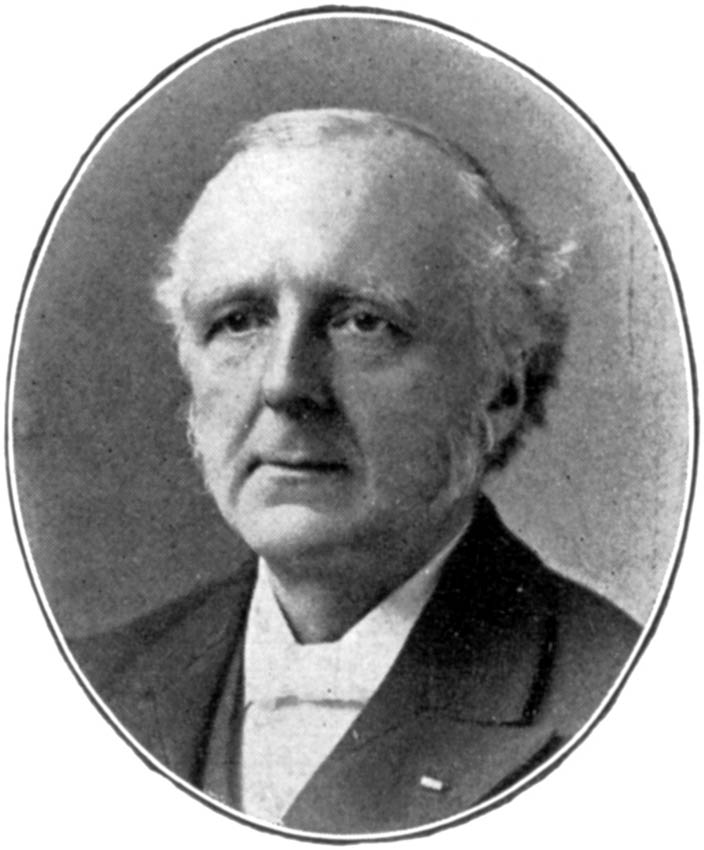Chapter 6 - Riches of the Bible
Consider this lengthy quote by Meyer:
IN answer to this plea for Scripture exposition, it might be answered that the times need to be preached to, and that men must be up to date in their choice of themes. But such criticism ignores the fact that:
Human life in its essential features does not vary from one age to another. Whether lived in the gray dawn of history or in the New York Broadway, the play of human passion, of love and hate, of jealousy and revenge, of hope or foreboding, is identical. The dress, speech, accessories may differ, but all this is superficial and transitory; the woman that wore the jewels of an Egyptian sarcophagus was actuated by the same motives as her sister in the height of Parisian fashion. It is for this reason that the drama of every age retains its fascination for all succeeding ones. Neither Aristophanes, nor Moliere, nor Shakespeare can grow old. Drama possesses this quality because it holds the mirror to the heart and unveils its most secret passages.
What is true of the drama is equally true of Scripture. Humanity retains with unerring precision whatever is true of itself, whatever portrays the inner working of heart and mind, which no man could confess to his fellows, but every man recognises when set out before him. With infinite relish, therefore, generation repeated to generation the story of Abraham and Isaac, of Esau and Jacob, of Joseph and his brethren, of Moses and Aaron, and of all the other good men and bad, who pass before us in the ever-shifting panorama. These stories have been passed on from from lip to lip under the shadow of the pyramids and on the sands of the desert, by the Bedouin, the Mesopotamian, the Syrian, and the Hebrew. The attrition of the ages has moulded, rounded and smoothed them as the ocean waters the pebbles or the brooks the swirling stones. The very ease with which they unfold, the elimination of all extraneous matter, the clear-cut sentences which reveal tracks of character as lightning at night reveals a landscape, all prove the charm, the spell, the attraction which these ancient records have wielded. To be unfamiliar with them is to be uneducated and miss the chief opportunity of becoming acquainted with the throbbing heart of humanity. The Bible is not only the Word of God, but the revelation of man. It is the university of the world. Therefore to unfold its story in successive discourses is to enchain the interest of ones audience and procure a profound assent. The bad man recognises the workings of his own evil nature; the weak man sees the reflection of his own broken resolution and foiled purposes; the tempted perceives that other men have trodden the valley before him and encountered the straddling form of Apollyon ; whilst the tempest-tossed learn that the storms that sweep their sky have spent themselves on others, and have been succeeded by blue skies and clear shining. "If there come in one unbelieving or unlearned, he is reproved of all, he is judged by all; the secrets of his heart are made manifest; and so he will fall down on his face, and worship God, declaring that God is in you and truth. (119-121)


